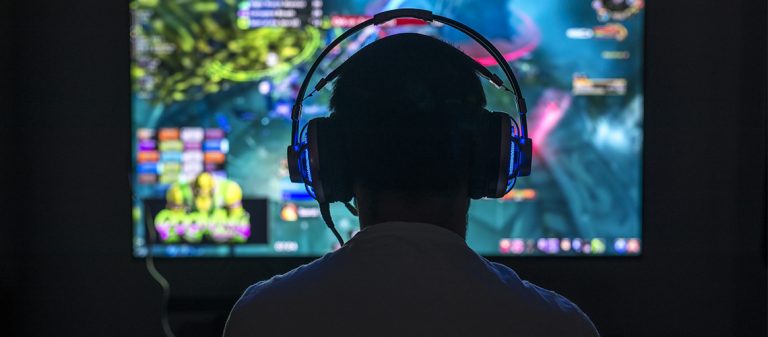On 1 April 2020, the Remote Gambling Act entered into force. The Gaming Authority has adapted a lot of information in the last weeks and now all documents and rules are final.
In this blog you will find the latest developments regarding the Remote Gambling Act.
On 1 April 2021, the Remote Gambling Act (Koa Act) entered into force. Online gambling providers can now submit their licence applications to the Dutch Gaming Authority (Ksa). The opening of the online gambling market will take place on 1 October 2021, six months later.
For more information on the Koa Act, please check out my previous blog on this subject.
By now, all documents and rules have been finalised. Also the so-called provisional final versions are formally adopted now the Koa Act entered into force.
Objectives of the Remote Gambling Act
The text of the Remote gambling Decree and the Remote gambling Scheme are final. This concerns lower legislation that further fulfils the objectives of the Koa Act. For example, additional requirements are imposed in the areas of advertising, addiction prevention, consumer protection and the prevention of fraud and crime.
Last year, the draft versions of the Degree and Scheme were made public. After that, both documents were then submitted to the European Commission for notification. Finally, the opinion of the Council of State was incorporated into the Remote gambling Decree.
Responsible play Degree
The obligations for advertising, recruitment and addiction prevention under the Remote gambling Decree and Scheme have been further elaborated in the Responsible Play Degree. This final version been adapted on the subject of advertising (which is improper participation and deception) and addiction prevention (the scope of the research into potentially problematic playing behaviour).
Licensing Degree
The Ksa published the final version of the Koa Licensing Degree. These policy rules include the submission of a licence application and its assessment by the Ksa. In this context, also check out the Koa Licence Model, which shows what the licence will eventually look like.
An important change is that the subject of match-fixing has been removed from these policy rules. Match-fixing is now included in the Guideline Wwft.
Guideline Wwft
In addition, the Ksa has adapted the Guideline Wwft. As the Koa Act entered into force, the Prevention of Money Laundering and Terrorist Financing Act (Wwft) now also applies to all online gambling providers.
Money laundering
This is important as there is an increased risk of money laundering when offering gambling. Money laundering covers all transactions carried out with money of illegal origin.
The Wwft aims to combat money laundering and terrorist financing, with the aim of ensuring the integrity of financial markets. The Guideline provides tools for online gambling providers to comply with the obligations arising from the Wwft, such as conducting customer due diligence and reporting unusual transactions.
Match-fixing
Furthermore, the Guideline mentions ‘the manipulation of a sports match’ as a specific money laundering risk, also called match-fixing. For sports betting providers, therefore, they have the task of preventing gambling on manipulated sports matches. In addition to a number of related obligations, these providers also have an obligation to report match-fixing to the Sports Betting Intelligence Unit.
Remote gambling inspection schedule
Finally, the provider’s gaming system must meet the technical and operational requirements, as elaborated in the law. An important part of this is that the applicant must have his game system inspected.
The Remote Gambling Inspection Schedule indicates how the game system of the provider must be inspected in order to meet the conditions for a licence application.
For the inspection, a provider will have to submit three forms. The Summary Inspection Report Form, the Game System Coherence Form and Game System Statement Form.
Applicants submitting the licence application before 15 April 2021 must submit a complete description of the gaming system (in the Game System Coherence Form) with the application. Other documents for the inspections may then be submitted later, before 1 July 2021.
Inspections can only be carried out by an inspection body designated by the Minister. However, when the Koa Act came into force, no inspection authorities had yet been appointed. Applicants for a licence can therefore apply for a temporary exemption for an inspection body of their own choice. Here you can read which steps have to be taken.
Want to know more?
The Ksa keeps potential online gambling providers and other stakeholders informed of all developments concerning the Koa Act. These developments, as well as the actions that are expected of you, can be consulted on the Koa Communication Calendar.
The application procedure is considered to be a tough one. Would you like more information? Or would you like assistance when applying for a licence? Please contact Thomas van Essen or Nina Lodder.



